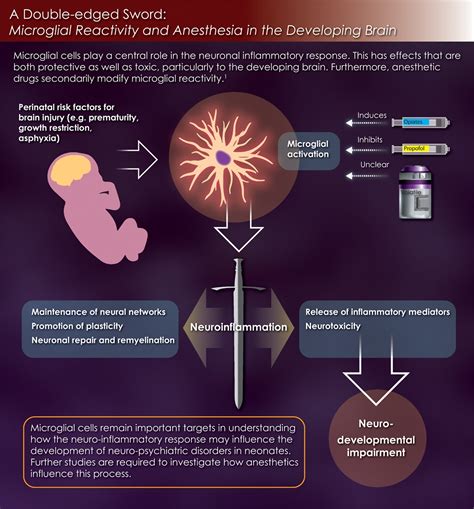The administration of medical anesthesia is a double-edged sword. While it offers patients the ability to undergo invasive procedures without pain, it also induces a state known as memoryless lucidity. This phenomenon allows patients to experience conversations and actions without any subsequent memory of them, effectively erasing segments of their consciousness. The experiences of patients post-anesthesia highlight several ethical and psychological implications that merit deeper exploration.
One vivid example comes from a patient who desired to record their post-colonoscopy conversation with medical staff, only to be swiftly denied permission. This scenario underscores a significant hesitation within medical institutions to allow patients to document their experiences under anesthesia. The reason often boils down to liability and legal concerns. Professionals fear that recorded evidence might highlight potential malpractice or procedural errors, leading to legal ramifications. The healthcare system, guarded by strict HIPAA regulations, prioritizes confidentiality and the liability of following procedures to a tee, leaving little room for personal documentation—even for patients’ self-use.
The community debates around these regulations show a stark divide in opinion. Some argue that refusing to allow recordings is an undue exercise of power and control by medical practitioners. For instance, one user shared that, despite being asked to stop recording an ultrasound session, they continued, backed by the belief that as a ‘paying customer,’ they deserved full transparency and documentation of their medical experiences. This perspective aligns with a segment of the population that believes the patient’s rights to their own medical information should not be compromised by institutional protocols.
On the flip side, there are arguments emphasizing respect and trust towards medical professionals. Ignoring explicit requests from healthcare providers, some assert, is inherently rude and disrespectful. This viewpoint suggests that reverence for the rules and expectations set by healthcare institutions fosters a better patient-provider relationship and ensures smoother healthcare experiences. Here, the battle lies between personal liberty and communal compliance—the cornerstone of many ethical debates in medical practice.
Beyond ethics and legality, the effects of anesthesia on cognition and personality further complicate the picture. Research and personal anecdotes cited in the discussions reveal that anesthesia, especially in older patients, can lead to long-lasting cognitive decline and personality shifts. For example, one individual detailed how their father underwent minor surgery only to express radially altered political views post-recovery. Such observations present a troubling picture of anesthesia’s impact on the brain—transformations that are neither predictable nor wholly understood by science today.
The concept of memory loss linked to anesthesia evokes reflections on consciousness and the essence of self. It’s not uncommon for patients to wake up from anesthesia with no recollection of the preceding events, likening these gaps to an eerie premonition of death—a state of ‘non-existence’ that is universally feared. Patients recount experiences of post-operative behaviors, which range from the humorously absurd to deeply worrisome states of derealization and depersonalization, shedding light on the fragile nature of human consciousness.
Conversations on post-anesthesia behavior bring another dimension to the scientific study of cognitive functions under altered states. For instance, some patients manifest repetitive behaviors or thoughts—akin to logic loops grounded in present stimuli. This suggests that while higher cognitive functions may be impaired, some aspects of reasoning and conversational coherence remain intact. The study of these phenomena could bridge gaps in understanding how different brain regions interact under anesthesia, and perhaps inform interventions that could mitigate long-term cognitive repercussions.
In summary, while anesthesia continues to be an indispensable tool in modern medicine, it opens up a plethora of issues that extend beyond the operating room. Conventional wisdom emphasizes the need for more nuanced policies that balance medical safety, legal liability, and patients’ rights to their own experiences. As we explore these complexities, it becomes evident that the true challenge lies in addressing these concerns without compromising the essential trust that underpins the physician-patient relationship.


Leave a Reply